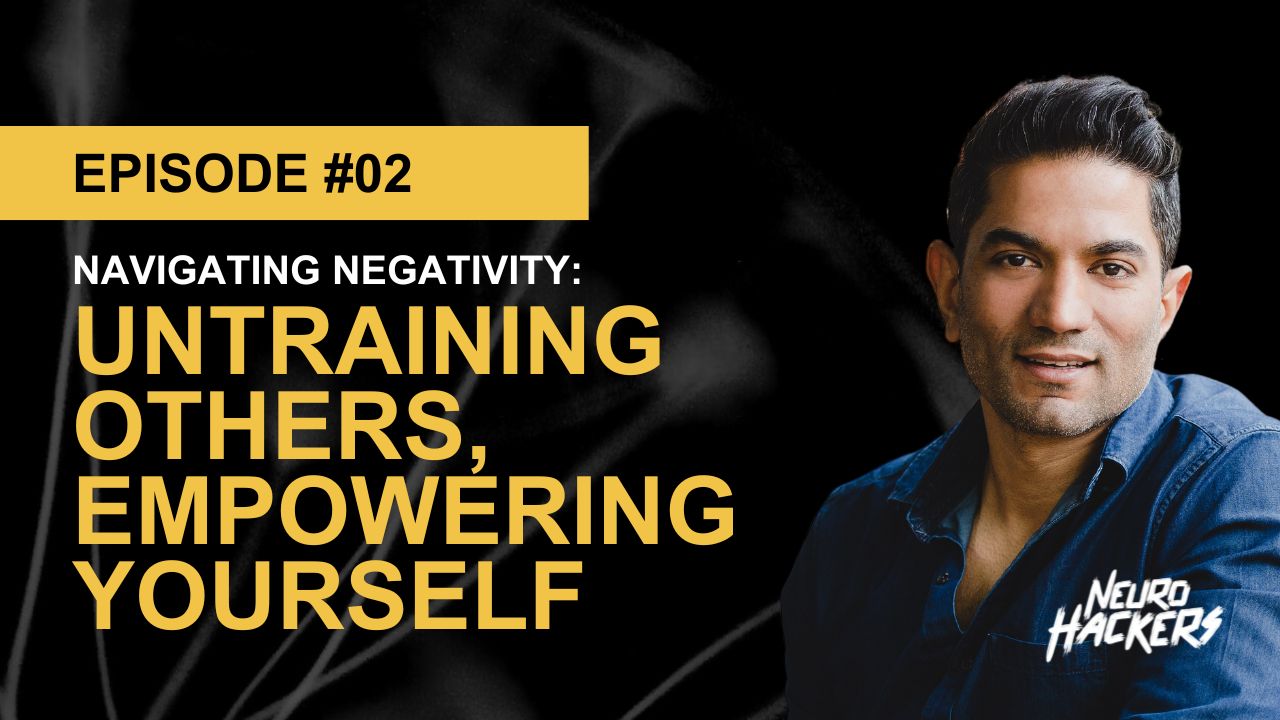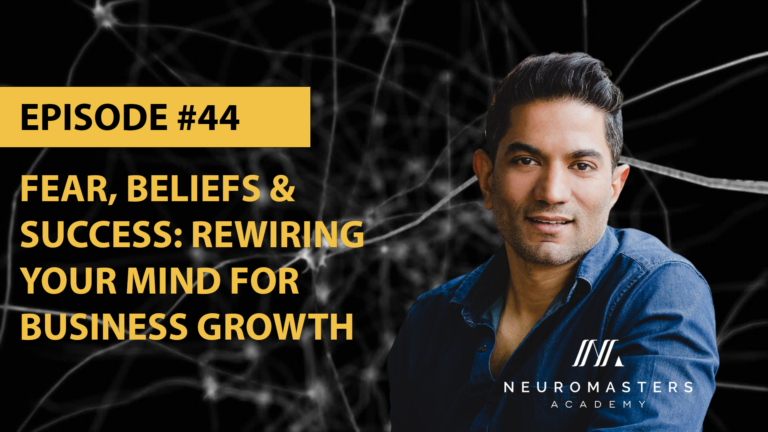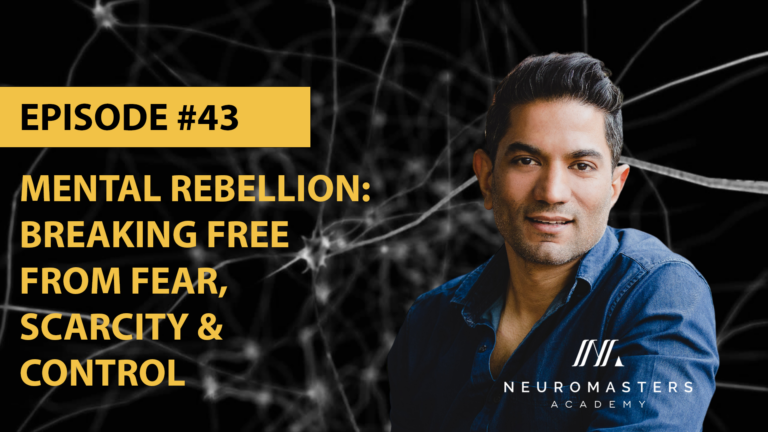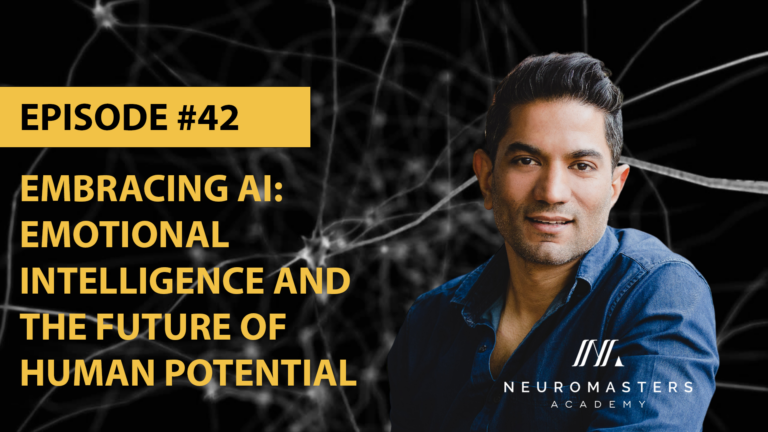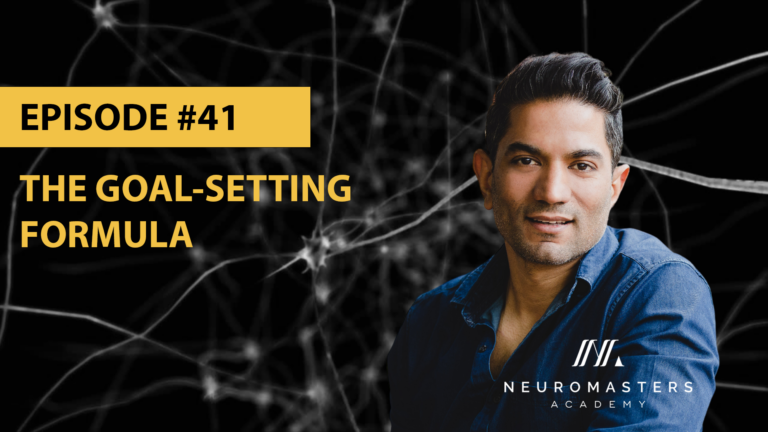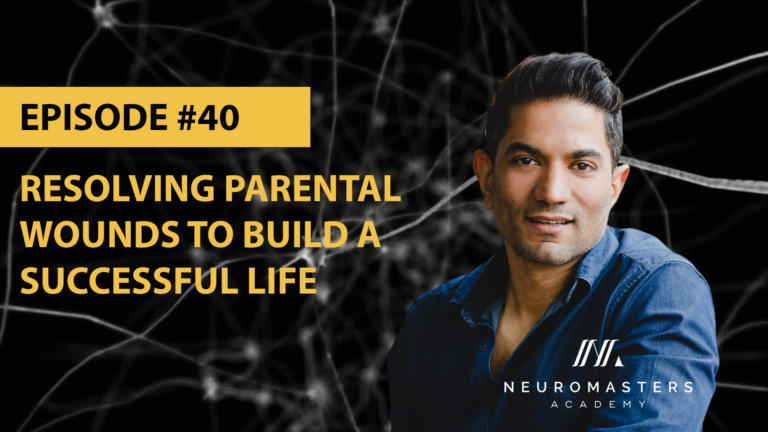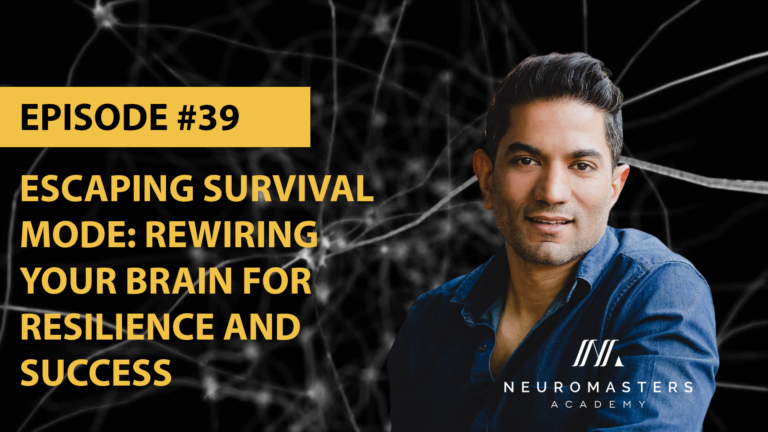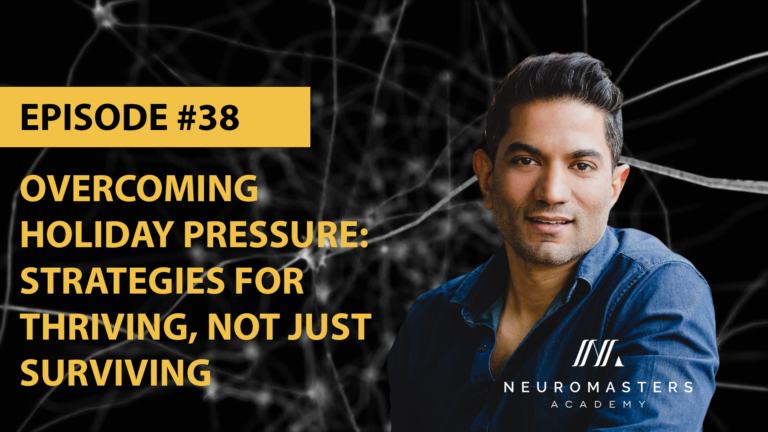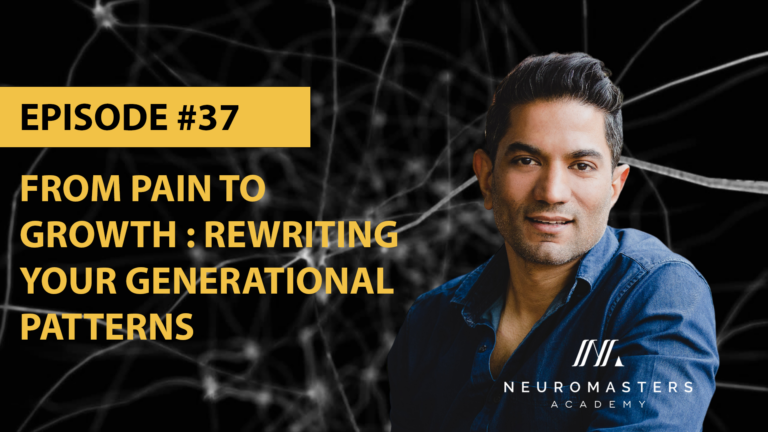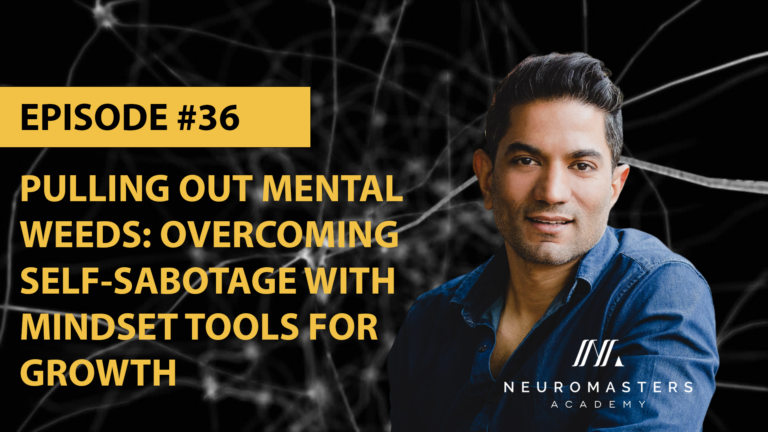Today we are discussing a common challenge many individuals face: maintaining a positive mindset amidst a negative environment. As we navigate through life, we often encounter people who are consistently negative, whether it’s in our relationships, workplace, or even within our own families. The question arises: How do we stay positive and do the right thing when surrounded by negativity? In this episode, we explore the importance of managing our emotional responses and training others on how to treat us.
While we may not have the ability to choose the people in our lives, we can develop the skills to repel negative behaviors and invite more positive interactions into our existence. By becoming aware of our own responses to the behavior of others, we gain the power to ignore information that doesn’t align with our values and goals. Listen in to learn how we can send a clear message that we seek a different, more positive path. Remember, what we believe in and focus on tends to grow, so by untraining others and setting boundaries, we create the space for positive transformations to take place in our relationships.
What You’ll Learn In Today’s Episode:
- How to handle negative people in your life.
- The importance of managing our emotions.
- How to change the way others behave around you.
- The importance of enforcing your boundaries.
- Steps you can take to remove negative people from your life.
Ideas Worth Sharing:
- “We train people how to treat us.” – Reg Malhotra
- “When someone is behaving in a way that doesn’t align with your values, you have to enforce your boundaries and teach them how you want them to act around you.” – Reg Malhotra
- “We always see more evidence of what we believe in and what we focus on will grow.” – Reg Malhotra
Resources In Today’s Episode:
Get the Full Episode Transcript:
Read the Transcript Below:
Welcome to the Neuro Masters podcast, the place to reinvent yourself, master your mind, and change your life.
Internationally recognized speaker, coach, and trainer, Reg Malhotra, will teach you tools to improve your mindset, change your behaviors, and let your relationships thrive. Are you ready to unlock the power of your mind?Here’s your host, Reg.
Reg Malhotra: Welcome back to episode two of the Neuro Masters Podcast, my name’s Reg. The very first episode, we spoke about the importance of mindset and how important mindset is, and with the right mindset, you can indeed, create a magical life.
Now, what I want to do here is to start talking about some of the most common questions, concerns that we get from people that we work with, that we get in the form of inquiries.
And what I’ve found is that there is common themes when it comes to the problems that people experience in life. Whether it’s in their relationships, whether it’s in their mindset, whether it’s in achieving their goals and their dreams.
So, today, I want to talk about this particular question that comes up a lot, and that is, I want to have a positive mindset. I want to focus on the good things in life. I want to do the right thing. I want to be someone who creates good things in my life, but the people around me are all negative.
And that wherever I go, in my family in particular, this is a very common one that most people around me or in my work are very negative and they complain, and they talk about all the things that are wrong, and how do I cope with it? How do I do this? How do I continue to be positive and create positive results when everyone around me seems to be negative?
Now, this is a very important question because no matter what kind of work you do with yourself, no matter what you choose to learn, and no matter how much you look to change, there’s always going to be an element of that.
We have people that we have in our life that we don’t have a choice about. They happen to be a family, they happen to be at our work, in many cases. And what happens is we have to learn as part of our development, as part of us becoming our highest self, as part of us getting the kind of outcomes you want in our life …
We have to be able to deal with people, we have to be able to process information in such a way. We have to manage our reactions and our responses so that we can not only invite certain things into our nervous system, but be able to repel certain ideas, certain behaviors quite naturally.
So, we are going to run into people like that. As you evolve more, as you grow more, as you change internally, as you change your mindset, there is always that aspect that you attract less of that energy around you. However, it’s best to know in advance that you are going to run into people and circumstances that are not exactly aligned with the way you think.
So, first thing first, which is, that we must learn about our emotions. We must learn and become aware of how we are responding internally. We are going to run to people, we’re going to meet people who are going to say the wrong things. We’re going to be in situations where people are going to make fun of other people.
One of the biggest things for me was when I was around people who chose to look down upon other people, make fun of other people — and I always was very uncomfortable with that because I always felt and realized that if they’re making fun of somebody else, if they are talking down about somebody else, that it’s likely that they’re in some capacity, potentially doing the same about me.
And having this awareness always made me uncomfortable, besides the fact that I didn’t want to focus on what’s wrong with people. I didn’t want to spend my energy there. If at any given point in time, you’re always a choice in what we focus on, and what we focus on will grow.
So, when people are negative around you, they talk about the things that are wrong, they talk about everything that is wrong in life, and I can guarantee most of you, you either have such people in your life or you bump into them from time to time — you have to develop the ability to ignore, to delete information that is coming to you, and to be able to become aware and manage your own responses to it.
You see one of the things that we do is we train people how to treat us. We train people how to behave in front of us. We train people how to respond to us. Yes, we do. How do we do that?
We may not be actively putting them through a training process, but in the way that we have previously responded or chosen to accept that information becomes the guide for the other person whether to continue a certain behavior or not.
A lot of people say, “Oh, I know this now and I’ve done all this work on myself, and I’ve changed as a person. I’m just going to cut all these people from my life.” Look, let’s be honest, there are certain people you just cannot cut from your life and if you do, that would come with consequences.
So, you want to become smarter about that. You want to develop yourself to the point that you can untrain people to be a certain way around you, to behave in a certain way. And you see this process of untraining needs to be gradual.
What a lot of people tend to do is, they grow, they change, they get all this information, the knowledge, they do these courses, and what happens is they get out in the world and they go like, “Well, you are not like me.” Or, “You don’t understand.” Or “You don’t see things the way I do. So, I’m just going to tell you on your face.” You go ahead and say all these things to the other person and from their neurology, from their model of the world, they’re hardly able to process what you’re saying and that causes a lot of friction.
They don’t have the capacity to understand. You may think, “How can they not understand?” But in reality, they don’t have the coping mechanism, they have not been through certain experiences or have certain knowledge to be able to process it in the same way as you do. So, you have to untrain people gradually.
So, first, you’ve got to decide, is it worth having these relationships? Is it worth having this person in my life? If the answer is yes, yes, because not having them would either lead to some adverse consequences or not having them would cause a different type of pain for you, you then decide to untrain them.
And that needs to be a gradual process. You cannot just wake up overnight and say to someone who’s been in your life for a long time, and you’ve allowed them to be a certain way, to speak to you a certain way, perhaps to treat you a certain way, because you’ve allowed that for a long period of time. By not objecting to it, by not enforcing your boundaries, you have in fact enabled that behavior to a degree.
So, you have to start the process of untraining. And when I say gradually, means step by step, and start small, and then enforce your boundaries in bigger ways. For example, let’s say someone speaks about other people or complains and moans in front of you every time you’re around them to the point that it drains your energy.
Now, I want you to look back and think about how long that’s been going on, and what has your response been in the past? Have you just sat there? Maybe you have agreed with them. Maybe you have added fuel to the fire at times. You may not have intended to but that’s the only way you knew how to communicate with this person or to maintain that relationship.
And if you’ve done that, you need to accept that. You need to accept, “Okay, I have got to this point, I am getting this behavior repeatedly because I’ve been party to this.”
Once you’ve realized that, what I want you to do, what I recommend you do is to recognize how you can start the process of untraining or what is a small thing you can do that is not blatantly on their face, but has them realize that maybe you are not wanting to be part of this.
For example, if they’re making fun of other people, if they’re laughing about other people, if they’re putting on others down, maybe you start by not looking interested. Maybe by not saying anything in return, maybe not adding to the conversation, maybe just talking about something else gently, diverting the topic.
Now, you do that, not just once; you do that multiple times. Because until a certain point, this other person carries a picture or an idea of what you’ve done in the past and that may have been taking part in the conversation. So, they’ll need to have a new idea in your mind on how you actually respond. Then you can take things to the next level.
At some point, once you’ve done that a few times, you can perhaps create a bit more distance. Maybe you take more charge of the conversation. You talk about, you start a conversation about things that are important to you, the way you see life. Maybe you interrupt a certain conversation politely of course, maybe then you decide to gently make a point more directly by using statements.
Like, “Honestly, I don’t even spend time thinking about what others are doing, I’m just so busy and I’m so focused on where I need to change, to improve.” Maybe you start making little references like that. Now, what that will do is that’s the next level in the untraining process that will start to give a more direct idea to this person that you’re not interested.
Then you move to the next level. There’s levels and you can move to the next level where you can start becoming even more direct. Where you can be more direct. When it comes to making fun of other people or talking about other people, “I have seen the impact of this on me. I used to do that.” Maybe you can make it more relative: “I used to do that, and what I’ve found is that the more I look into that, the more I see that.”
We’ll always see more evidence of what we believe in. And whatever we focus on will grow. Now, you can start becoming clearer about and making your ideas and your beliefs known.
So, as you move up these levels, what happens is you start the process of untraining, and then you can reach a point where you basically have enforced your boundaries to the point that you do not partake in any such conversation.
You’ll notice that people will stop behaving a certain way around you. Now, this is of course, if a particular relationship or person is important to you, then you are better off starting the process of gradually untraining, as opposed to trying to coach them or trying to create more conflict, more friction because they have now known you another way.
Most people are trying to have a relationship with who you used to be. So, you have to learn to train people, and my two key messages here is, you need to start the process of untraining and it has to be gradual before you can start the process of retraining in the way that is most appropriate to you.
This will have an incredible impact in your ability to deal with people, your ability to form relationships, your ability to enforce your boundaries, and your ability to create the kind of life you want surrounded by the kind of people you want.
I would encourage everybody to get on this journey rather than spending time thinking about, “Why are people a certain way? Why don’t they get me? Why don’t they understand me?”
In future episodes, I will discuss why it is that certain people can neurologically never understand you. They will never get you, so it’s like hitting a brick wall.
So, I think the more we know about why people do what they do, how people think, the better it’ll be for you, so you can get on your journey, you can focus on the things that are important to you, and you can create the kind of life you want. And relationships are a very, very important part of our life.
Whether you like it or not, your ability to create the kind of results you want depends in a big way on how you can relate to people. We want to be able to get relationships with all types of people.
That doesn’t mean those relationships needs to be closed, but we need to be able to ideally be able to create relationships with all different types of people because people are not their behaviors. At some degree, we need to accept the person and if required, change the behavior.
Thank you for listening today.
Thank you for tuning in today. Are you ready to take the next step and find out what’s keeping you from reaching your goals and creating the life you want? Go to go.neuromastersacademy.com/gs-lp for a free transformational mini-workshop with Reg.
See you next week.
Subscribe To The Podcast:
Apple Podcasts | Spotify | Amazon Music | Google Podcasts | RSS

